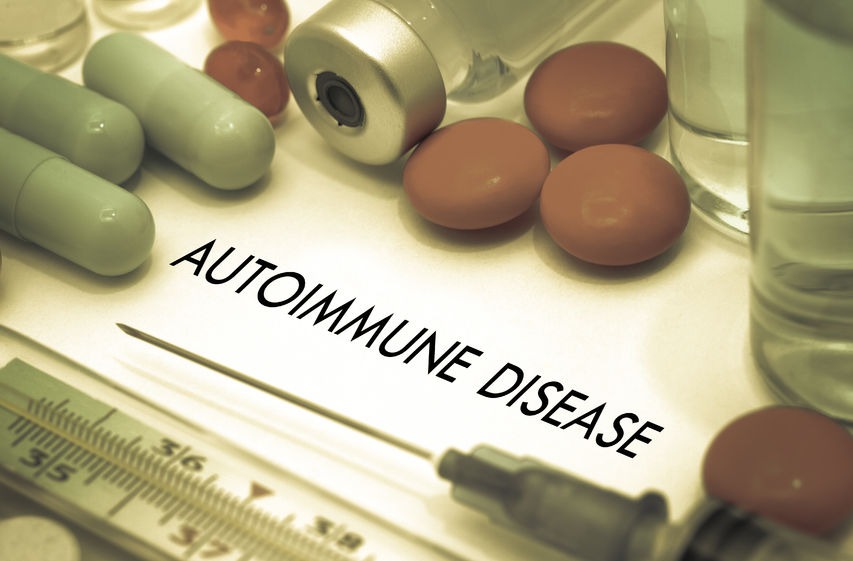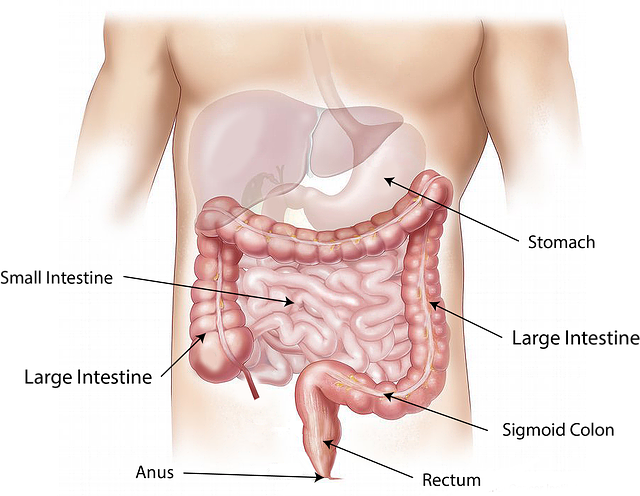6 Things You Should Know About Gastroenterologists

The following series of articles about gastroenterologists describe six things I've learned about them through my personal experiences and through research. I'd suggest you set your expectations accordingly, but your experiences might vary from mine.
- Part 1: A gastrointestinal (GI) specialist can often help determine what is AND what isn't wrong with you
- Part 2: A GI specialist is trained to treat serious digestive diseases, not necessarily prevent them
- Part 3: Most doctors, including GI specialists, receive minimal training in nutrition
- Part 4: Some GI specialists still don't believe that non-celiac gluten sensitivity exists
- Part 5: A GI specialist is unlikely to suggest alternative treatments that might help you
- Part 6: Here are some key personal qualities of a GI specialist
The following sections on this introductory page provide some context about gastroenterologists, as well as my story about what prompted my first visit to a gastroenterologist.
Yes, We Need Our Gastroenterologists!

Doctors who practice gastroenterology are highly trained specialists of the digestive system and digestive diseases. Hopefully, we have no need to see one of them until we are due for our first colonoscopy.
That said, people with chronic digestive complaints might need to seek help from a gastroenterologist before that grand milestone of aging.
Since 2007, I have had the displeasure of working with three gastroenterologists. I mean, these doctors were caring and competent enough, but it's scary business when you need the help of a specialist like a gastroenterologist.
And the procedures these specialists most commonly perform (colonoscopies and endoscopies) are necessarily invasive and uncomfortable. But I do believe that any diagnoses these procedures reveal can be the first step toward effective treatment (whether conventional and/or alternative).
So depending on your symptoms (and, of course, the recommendation of your healthcare practitioner), you might need to seek the help of a gastroenterologist.
If you are experiencing digestive symptoms for the first time, you should begin by seeing a doctor with whom you have developed a relationship with over time. In most cases, this would be a primary care physician or a family doctor. For women, this could be a gynecologist.
This doctor can order tests and depending on the results, he or she might refer you to a gastroenterologist for more specialized testing and medical care.
In fact, many insurance companies require a referral from your doctor to a specialist, such as a gastroenterologist, in order to cover the cost of your visit.
If you have already been diagnosed with a chronic digestive disorder, you might already be under the care of a gastroenterologist. In that case, you would want to see your gastroenterologist if you have a flare up of your condition or if you have a previously scheduled appointment with him or her.
Colorectal Screenings – For people at average risk of colorectal cancer, the American Cancer Society recommends screening for this disease beginning at age 50.
For those at higher risk of colorectal cancer, screening should begin before age 50. For specifics, see the American Cancer Society recommendations for colorectal cancer early detection.
As you likely know, a colonoscopy can rule out colorectal cancer. During this procedure, your GI specialist can remove any polyps that you might have in your large intestine. Although most polyps are harmless, they can become cancerous. So… when you are due for a colonoscopy, don't hesitate. Just do it.
What Prompted My First Visit to a Gastroenterologist
After finding blood in my stool, I made an appointment with my internist. He said I should have a colonoscopy and promptly referred me to a gastroenterologist (who I later found out was his wife! Full disclosure, please!).
Through performing a colonoscopy, my gastroenterologist determined that I had a single large ulcer at my ileocecal value (a sphincter muscle valve that separates the small intestine from the large intestine). Her biopsy of this ulcer ruled out Crohn's disease. She also ordered blood tests to rule out celiac disease. They were all normal, but I had been gluten free for about a year, so this testing wasn't particularly valid.
(In fact, this testing would only have been valid if I had been intentionally cheating on the gluten-free diet or if I had been inadvertently exposed to hidden sources of gluten in my diet.)
My gastroenterologist then ordered a computerized axial tomography (CAT) scan of my abdomen to rule out other possible problems and found nothing alarming—just two little cysts in my liver that I have probably had my entire life.
She concluded that the ulcer was probably caused by my long-term use of non-steroidal anti-inflammatory drugs (NSAIDs) during seven years of disability from a repetitive strain injury to my hands. I had since overcome this injury but still used NSAIDs a couple days a month for menstrual cramps.
Her advice: Stop using NSAIDs and avoid eating raw vegetables, which might irritate the ulcer. She knew I had a lot of food sensitivities and chronic constipation, but she found no reason to manage my care. She then sent me on my way—back to her husband for my ongoing medical care.
I have now had three first visits with gastroenterologists. For some suggestions on how to navigate your first gastroenterology appointment, see 6 Tips for Your First Visit With a Gastroenterologist.
CeliacFAQ.com home page > Articles > 6 Things You Should Know About Gastroenterologists


